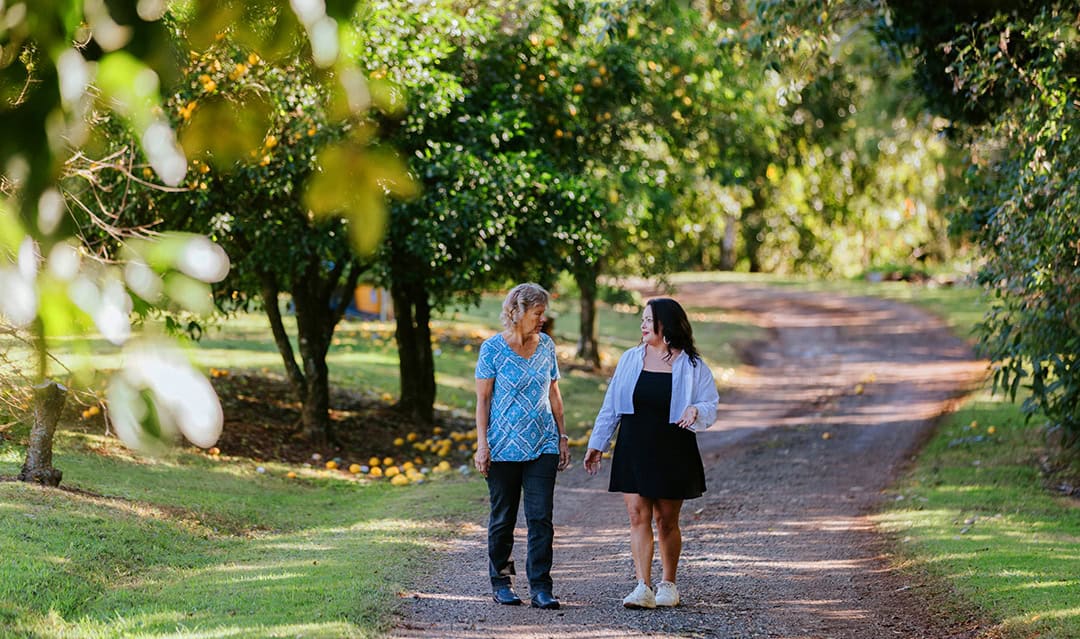If you’ve come across this article and are taking time out of your day to read it, either you’re a loved one of someone suffering with drug addiction and desperately trying to get them some help, or you’re suffering the harsh long-term effects of drug addiction yourself and have made the ultimate decision – I’ve had enough, I want to get help.
This is a critical point in the journey to recovery. That one critical decision is an ending and a beginning. Once the decision’s been made, time is critical. It’s likely been a long, traumatic time coming and now the time is here, you and the loved ones supporting you will jump into action and try and get you into a drug treatment program as soon as they humanly can.
Often there are wait times and budget constraints, location challenges, questions about the types of treatment and types of facilities available. It can be a confusing and overwhelming time, so we’ve put this article together to answer all the big questions our Admissions team at Palladium Private are asked when a client is at the point of committing to treatment.

The Most Commonly Asked Questions About Drug Rehab
- Drug abuse treatment and rehabilitation – Is it for me?
- What types of drug rehabilitation programs are out there?
- What types of drug abuse treatment do they use?
- How do I choose a drug rehabilitation clinic?
- How much do drug rehabilitation centres cost?
- How long do drug rehab programs last?
- How do I find a drug rehab program in Australia?
- Does your brain recover from drug abuse?
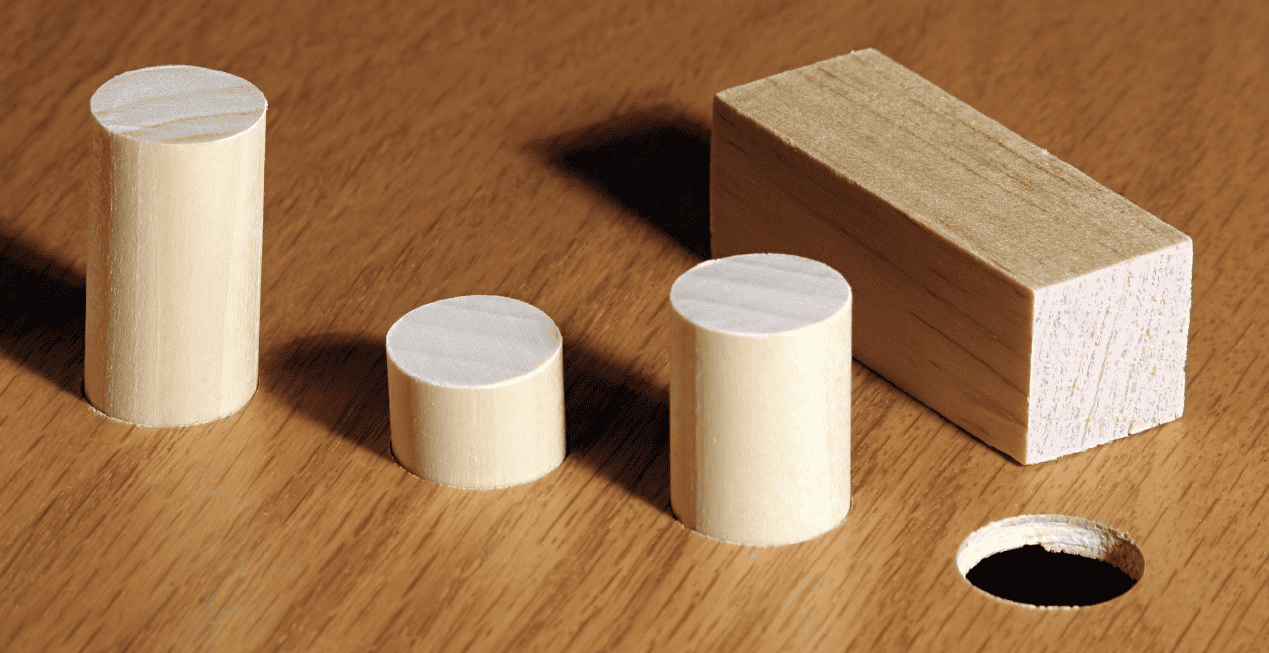
Drug Abuse Treatment and Rehabilitation – Is it for me?
With so many options for treatment, so many facilities to choose from, so many therapeutic modalities and treatment approaches available, the real question – Is RECOVERY for me?
Most of the clients we see with long-term drug dependency issues (whether it’s illegal or prescription drugs) have made many, many attempts to stop using on their own. Sometimes it’s family pressure that prompts their effort to get clean, other times it’s a terrifying experience under the influence of drugs that scared them enough to try to give up. However, due to the powerfully addictive nature of drugs on the reward circuit and frontal lobe region of the brain, these attempts nearly always fail because simply stopping the use of a drug doesn’t reprogram the pathways in the brain that have distorted and become dominant from repeated drug use. You can read more on the science of addiction HERE.
If you’ve been trapped in the vicious cycle of highs and lows, isolated yourself from family and former friends, lost touch on the reality and joys of life, work, social connections and relationships and are ready to start swimming up from the depths of addiction – then yes, rehabilitation, recovery, is for you.

What types of drug rehabilitation programs are out there?
The most important thing at this key stage is finding a drug treatment centre that runs a therapeutic program that’s going to work for YOU. You need to find a facility that will be the best fit for you to succeed in your new drug-free life. Here are some factors to consider that will help with your choice of drug rehab program:
CORE PHILOSOPHY
Each rehab facility will offer customised programs that are formulated according to their core philosophy around recovery from drug abuse. In some cases this may be based on a platform promoting recovery through Christianity or other religions, such as The Banyans, or it may be based on a 12-step Narcotics Anonymous model, such as Currumbin Clinic. However, there are many rehab centres that are ideologically neutral and evidence-based and/or holistic in their approach, such as Palladium Private or Byron Bay Private.
INPATIENT OR OUTPATIENT?
Rehab centres will offer a range of program styles from outpatient to residential to inpatient drug rehabilitation. Inpatient rehab programs will generally be in a government-funded clinical setting, whereas residential programs will generally be in a private setting.
Depending on where you’re at in your battle with drug dependence, you will need to determine the level of accountability and focus you truly need to recover – once and for all. If you’ve tried numerous times to give up or cut back your drug use unsuccessfully, choosing a residential program will give you the headspace, focus, tranquil surroundings and support to focus on your healing.
If however, you have commitments and obligations that don’t allow you to focus solely on your recovery, you may need to opt for an outpatient program that can work in with your lifestyle, work and family commitments.
One question to consider that can be controversial and confronting for many is this – Am I worth taking the time out of “my normal life” to switch off, reset, focus on myself and build the future I crave?

What types of drug abuse treatment do they use?
There are a number of treatment modalities that are particularly effective at addressing drug dependency and associated mental health problems at their core, including:
ACT (Acceptance and Commitment Therapy)
ACT promotes the acceptance of unwanted private experiences which are outside of one’s personal control, combined with committed action towards living a life of value. The aim of ACT is to create a rich, full and meaningful life, while accepting the pain that is inevitable by increasing psychological flexibility. Psychological flexibility has two components: 1) the ability to be psychologically present – i.e. aware, attentive, open to, and engaged in your experience; 2) the ability to control your behaviour to serve valued ends as chosen by you.
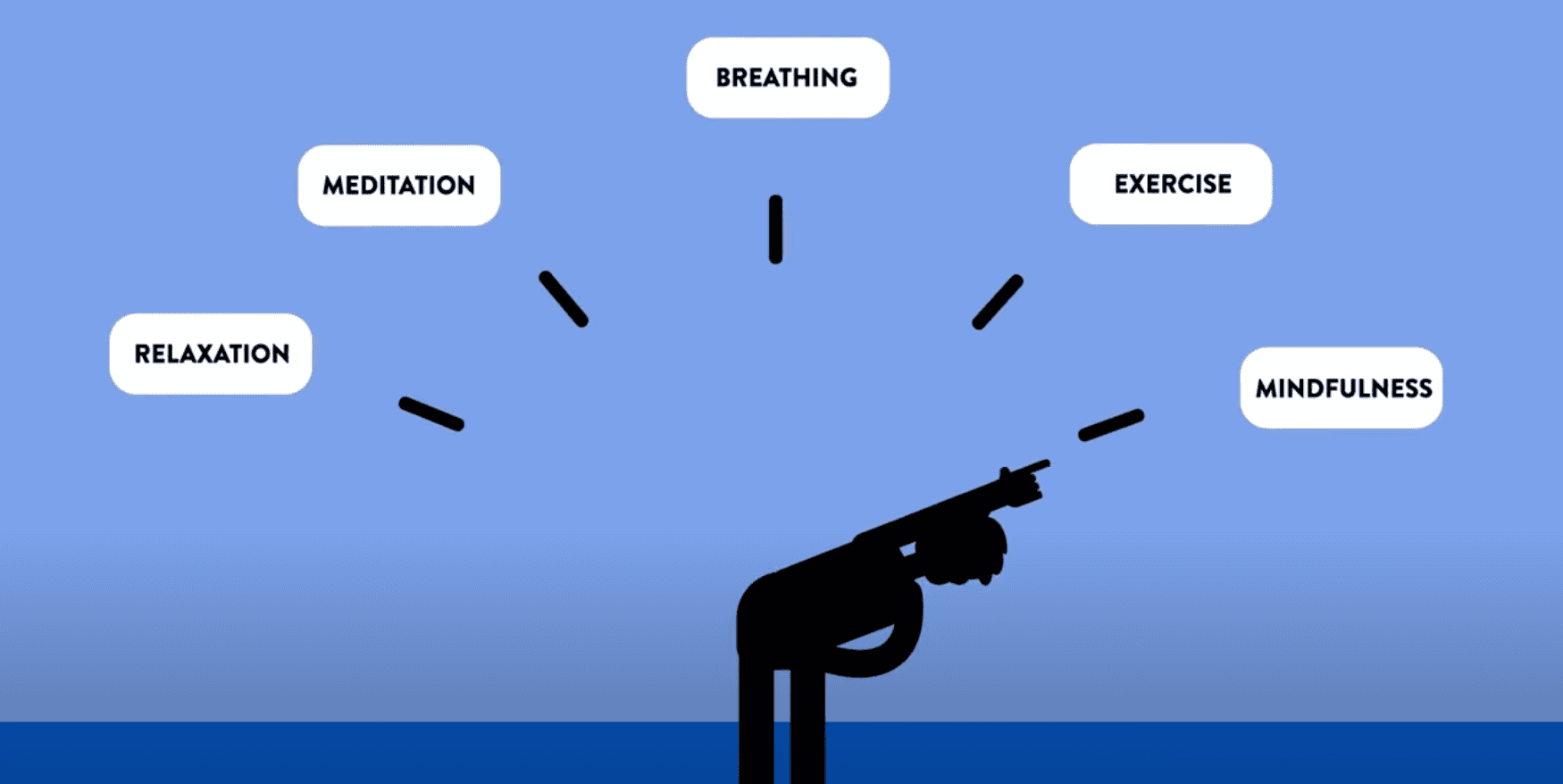
Watch a short 3:15 min YouTube video HERE for a concise description of ACT.
REBT (Rational Emotional Behavior Therapy)
REBT is a pioneering form of cognitive behaviour therapy developed by Dr. Albert Ellis in 1955. REBT is an action-oriented approach to managing cognitive, emotional, and behavioural disturbances.
According to REBT, it is largely our thinking about events that leads to emotional and behavioural upset. With an emphasis on the present, individuals are taught how to examine and challenge their unhelpful thinking which creates unhealthy emotions and self-defeating/self-sabotaging behaviours.
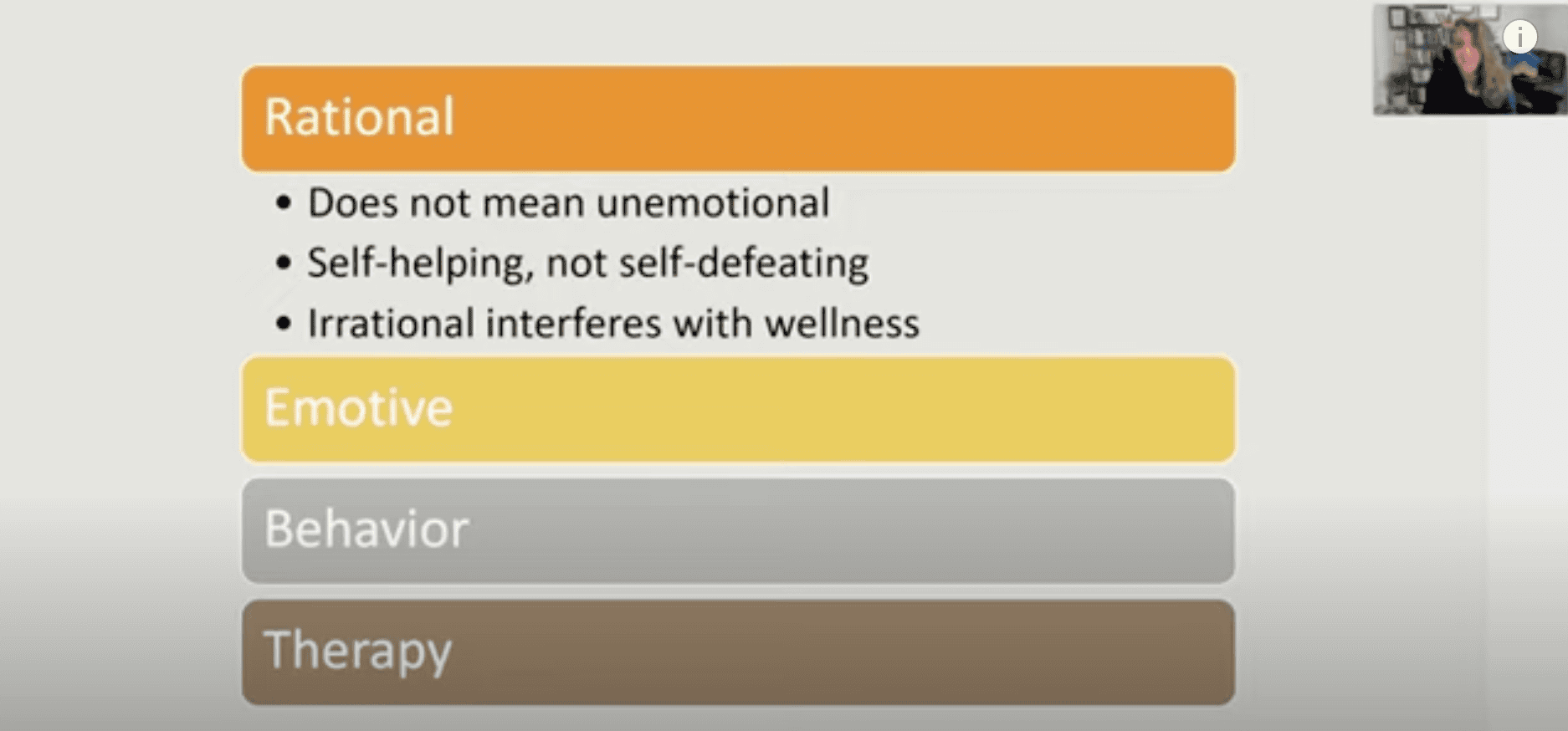
Watch this 13.15 min YouTube video for an excellent description of the REBT method.
CBT (Cognitive Behavioral Therapy)
CBT is based on the idea that how we think (cognition), how we feel (emotion) and how we act (behaviour) all interact together. Therefore, negative and unrealistic thoughts can cause us distress and result in problems. When a person suffers with psychological distress, the way in which they interpret situations becomes skewed, which in turn has a negative impact on the actions they take. Specifically, our thoughts determine our feelings and our behaviour. CBT is based on three core principles:
- Psychological problems are based, in part, on faulty or unhelpful ways of thinking
- Psychological problems are based, in part, on learned patterns of unhelpful behaviour
- People suffering from psychological problems can learn better ways of coping with them, thereby relieving their symptoms and becoming more effective in their lives.
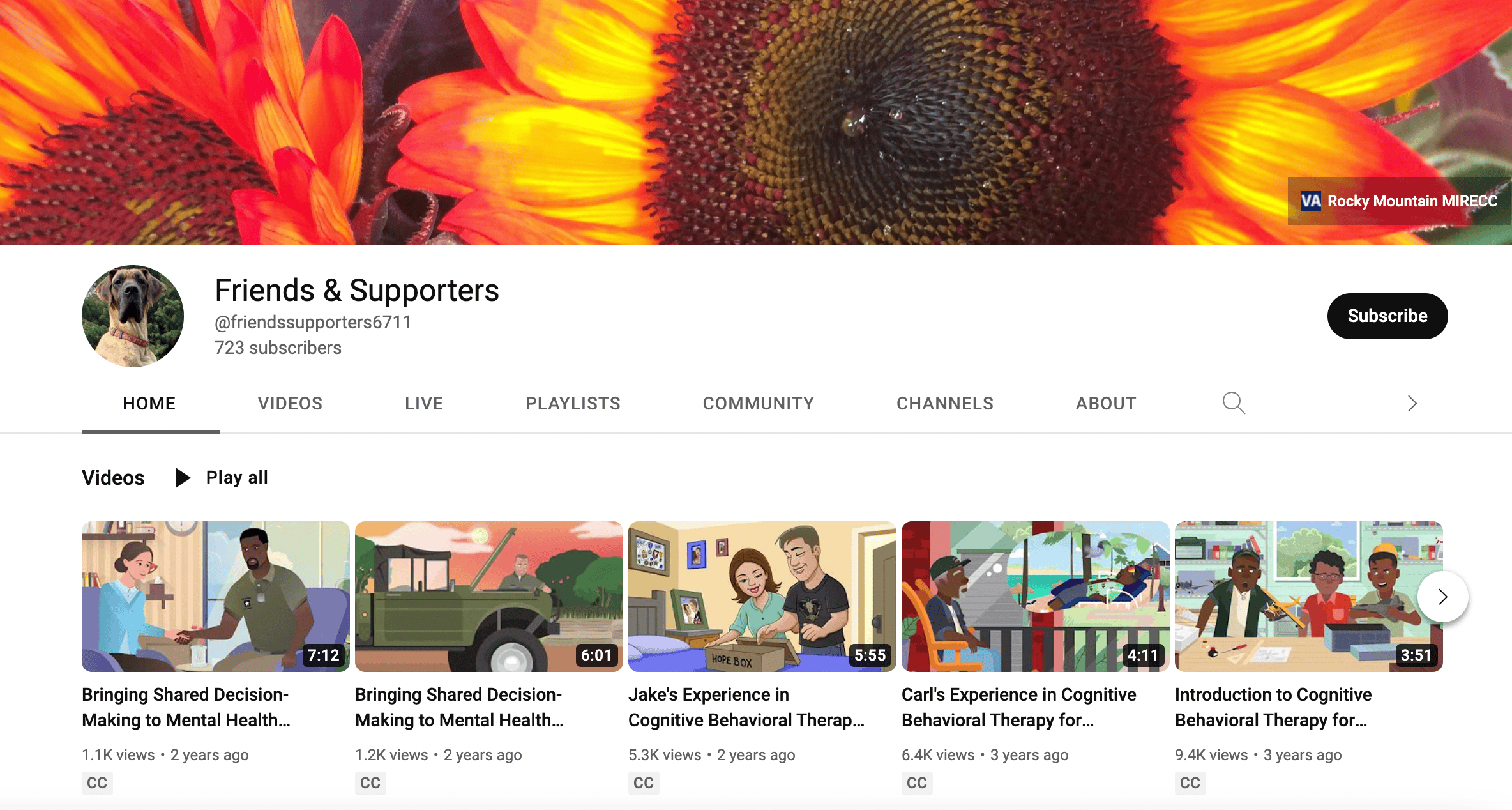
Check out the Friends and Supporters YouTube Channel for great short, animated clips on CBT specifically related to drug abuse treatment.
Mindfulness is the basic human ability to be fully present, aware of where we are and what we’re doing, and not overly reactive or overwhelmed by what’s going on around us. Mindfulness helps us put space between ourselves and our reactions, breaking down our conditioned responses. The goal of mindfulness is to wake up to the inner workings of our mental, emotional, and physical processes.
Mindfulness strengthens neural connections. By training our brains in mindfulness and related practices, we learn to build new neural pathways and networks in the brain, laying the foundation for recovery from a range of conditions including addiction, anxiety and depression.
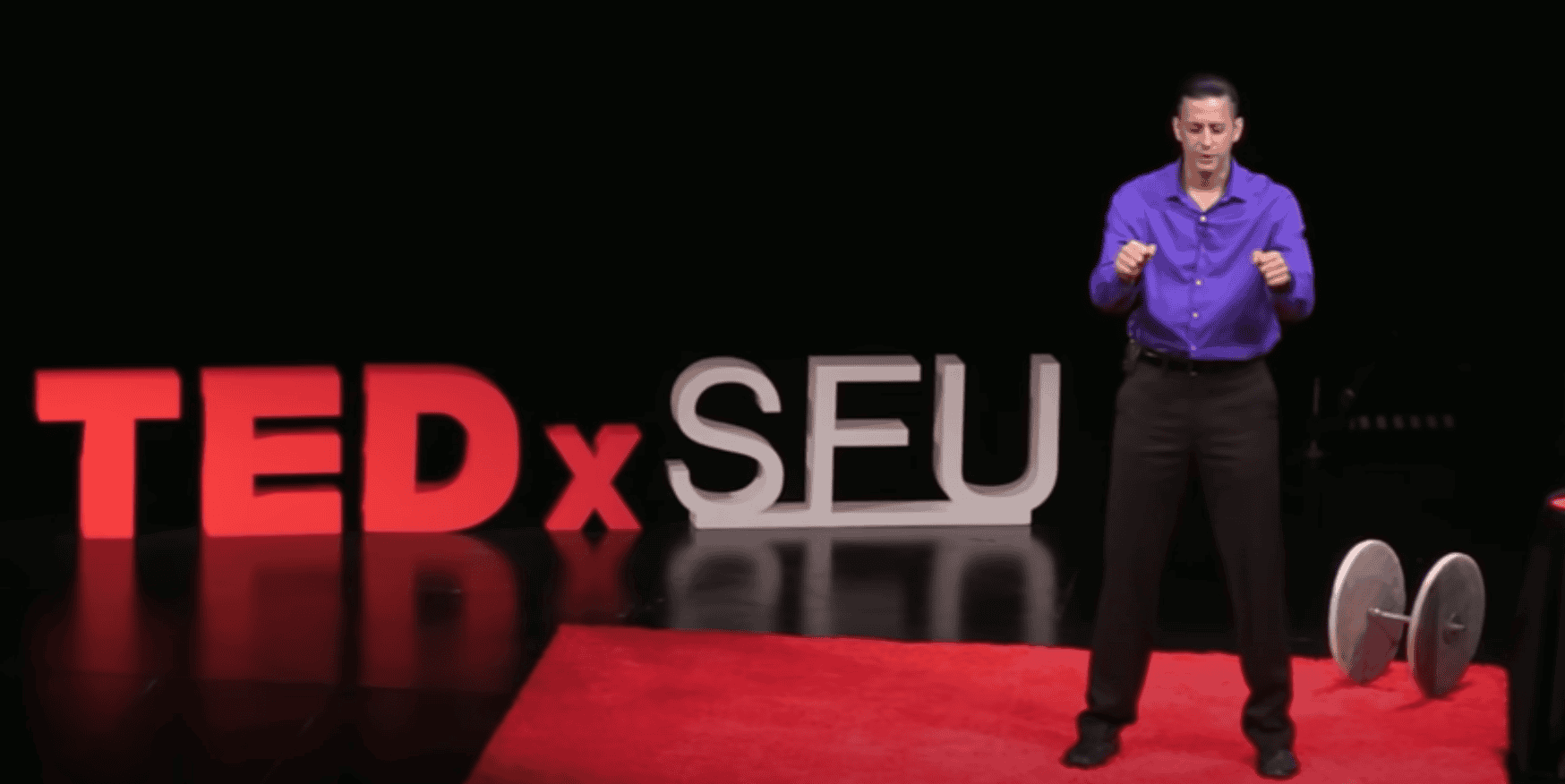
Watch this 15:53 min TEDx Talk by Dr Kasim Al-Mashat titled “How Mindfulness Meditation redefines pain, happiness and satisfaction”
Schema therapy, developed by Dr. Jeffery Young PhD, is a therapy that targets pervasive and long-standing self-beliefs and unhelpful behaviours that developed in childhood and became increasingly entrenched with age. These beliefs are called Early Maladaptive Schemas (EMS) e.g. abandonment/rejection, defectiveness, self-sacrifice, or unrelenting high standards schemas.
Schema Therapy targets the origins of these maladaptive beliefs and replaces them with a healthy sense of self. For a short-term problem Cognitive Behavioural Therapy (CBT) or Solution-Focussed Therapy is usually recommended, however, for long-standing and pervasive self-beliefs and behavioural patterns, Schema Therapy is highly effective.
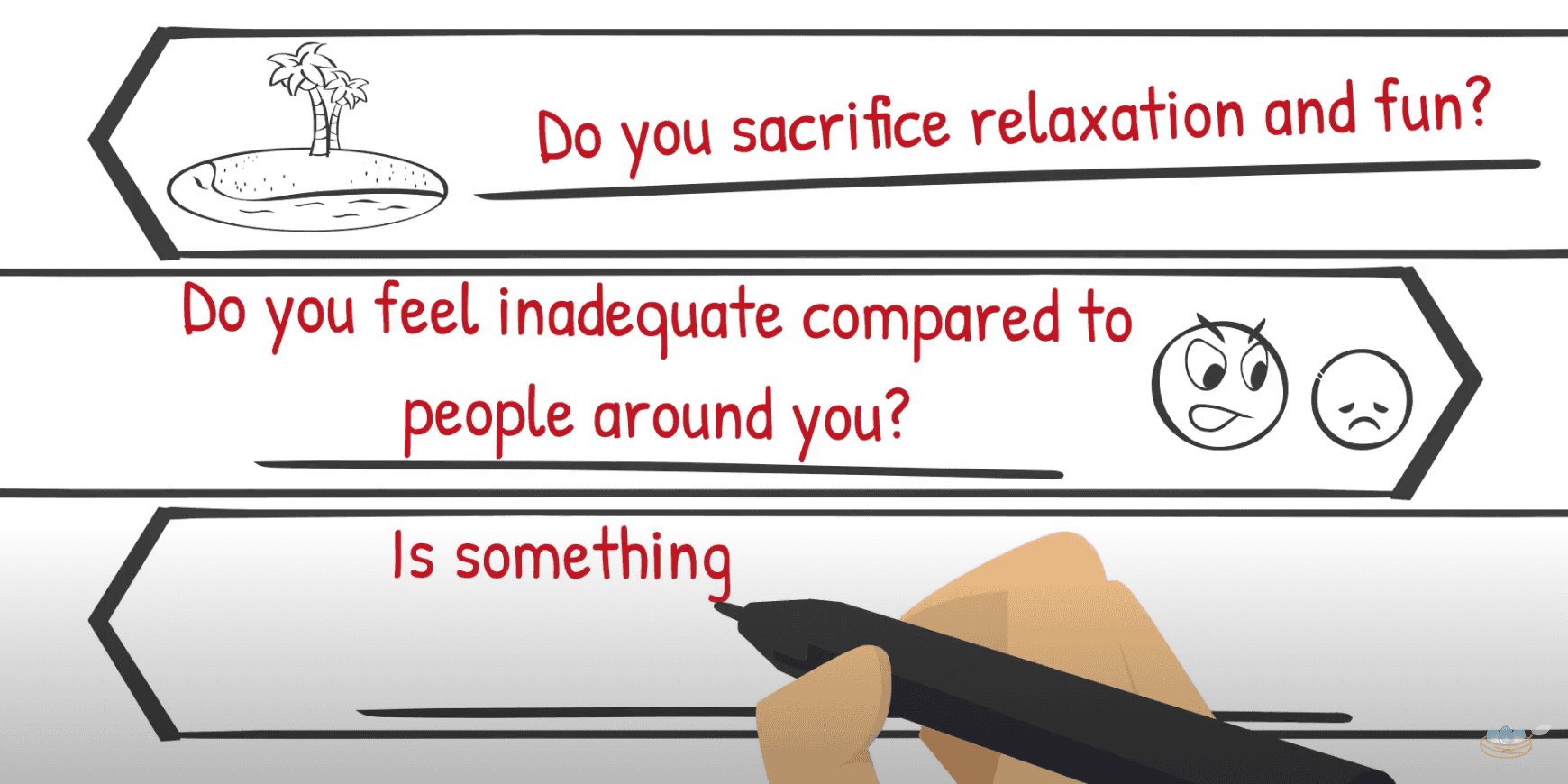
Watch this 3:40 min YouTube video which gives a simple explanation of Schema Therapy. Or for more depth, Clinical Psychologist – Jess O’Garr – presents a run-down of the 18 schemas HERE.

How do I choose a drug rehabilitation clinic?
CLINICAL OR HOLISTIC?
Would you prefer a clinical or holistic rehab treatment centre?
Clinical centres employ a medical approach to drug addiction treatment and will prescribe medications under the supervision of a psychiatrist. These centres tend more towards a clinic or hospital-style setting, often with security staff on-site and strict attendance requirements for each program component.
Holistic treatment centres take an integrative mind/body/spirit approach to treatment and will offer program components that repair and grow the client’s awareness of a wide array of activities and interactions that become part of their new life beyond therapy. Holistic, in-patient drug rehabilitation centres will administer and handle client’s medication, but will not prescribe medication. Holistic rehab centres generally have a range of qualified health professionals on call such as GP’s, psychologists, osteopaths, kinesiologists, chiropractors, acupuncturists, pathologists, radiologists, art therapists etc.
ACCOMMODATION
What style of accommodation will you be comfortable with for the duration of your stay?
Residential rehab treatment centres will offer a range of accommodation styles and quality standards. You will want to consider:
– Your comfort
– Your budget
– Your privacy
– Your recovery
Your comfort requirements will be unique and individual to you, so you’ll need to research and compare facilities, look through their photo galleries and accommodation options to narrow down a shortlist that you’ll be truly comfortable with. Your recovery is the priority. Make a list of the things that would make things easier or harder for you. These things might seem small now, but may become huge obstacles down the track. Only you know yourself. Or your loved one. Put thought into the facility, surrounds, comfort and atmospheric feel of the setting.
Budget will unavoidably be an influencing factor in the type of treatment centre you choose, as well as the style of accommodation you can afford. Rest assured that all facilities will maintain a good standard of cleanliness and hygiene. It may be the difference between “luxury” and “homely” that determines your choice.
Your privacy will be very important during a residential stay. Accommodation on offer will include private, single rooms or shared, multi-guest rooms. Keep in mind that throughout your stay you will be receiving deeply intensive psychological treatment and participating in therapies and group sessions that will at times be triggering, exhausting or upsetting.
You may find yourself needing time and space to process what you’ve uncovered or experienced. Some people need to process in a space of solitude and privacy, reflecting within their own internal world. Others process best when they talk with others, bouncing ideas, concepts and solutions off one another and receiving advice and alternative perspectives. Choose an accommodation style that suits your processing style.
THERAPEUTIC MODALITIES
Each rehab centre will feature different therapeutic modalities depending on their program model and the career specialisations of their staff. If you’re seeking a particular treatment modality you feel will be beneficial for your situation and personality type, request information on staff qualifications and career backgrounds in support of this specialisation. Most centres provide this information on their website.
AFTERCARE
Whilst all your thoughts at the moment might be focused on getting INTO recovery, give a little brain space to AFTER recovery. This is a critical part of the healing journey because it’s the difference between feeling alone and relapsing, or feeling supported and reaching out. Aftercare is a critical part of any good addiction specialist program.
This may not be advertised on the centre’s website so when making your shortlist, make sure you ask:
– Do you have an Aftercare Program?
– What does it entail?
– Are there additional costs involved?
– What happens if I need extra support?

How much do drug rehabilitation centres cost?
Do you have the funding to choose a private drug rehabilitation program, or will you need a referral to a Government-funded facility?
Many rehab centers offer various funding models enabling you to subsidise payment with contributions from your superannuation fund, private health fund, NDIS, Veteran’s Affairs, or your business (if self-employed).
These funding options will vary greatly between public and private facilities – as will their fee structures – so you’ll need to speak with your shortlisted options and request all-inclusive quotes to compare against your budget. To give you a general guide, private drug rehab centres in Australia charge anywhere from $2,000 to $20,000 per week, depending on the level of luxury offered.
If you’re seeking a place in a Government-funded facility, you’ll need a referral from your GP or mental healthcare professional. If you’re eligible for any of the subsidies mentioned above at a private drug rehabilitation clinic, you will most likely need a referral from a qualified psychiatrist to establish eligibility. Each centre can advise you on the requirements and process for accessing subsidies.

How long do drug rehab programs last?
Your individual situation will determine the length of stay that’s best for you – your budget, work and/or family commitments, extent and length of the addiction etc. As a general guide, a detox component would be minimum 7 days, then further treatment minimum 14 days. However, the length of treatment required generally correlates to the length of the addiction and the severity of the drug.
Someone who’s been battling an addiction to cocaine for a year for instance, may not need as long in treatment as someone who’s been suffering with an ice addiction for five years. Someone who’s been in active addiction for over a decade may require up to 12 weeks intensive treatment. This is due to the nature of addiction that re-wires the reward circuits in the brain and bypasses the prefrontal cortex (the rational, decision-making region of the brain) to focus purely on the needs of the dopamine receptors. The longer a person has been in active addiction, the more re-wiring is needed to learn and reinforce new behaviours, thinking patterns, choices and pleasure-seeking mechanisms.
Short-term programs generally begin at two weeks, whilst long-term drug treatment centres offer programs anywhere from two weeks to six months.
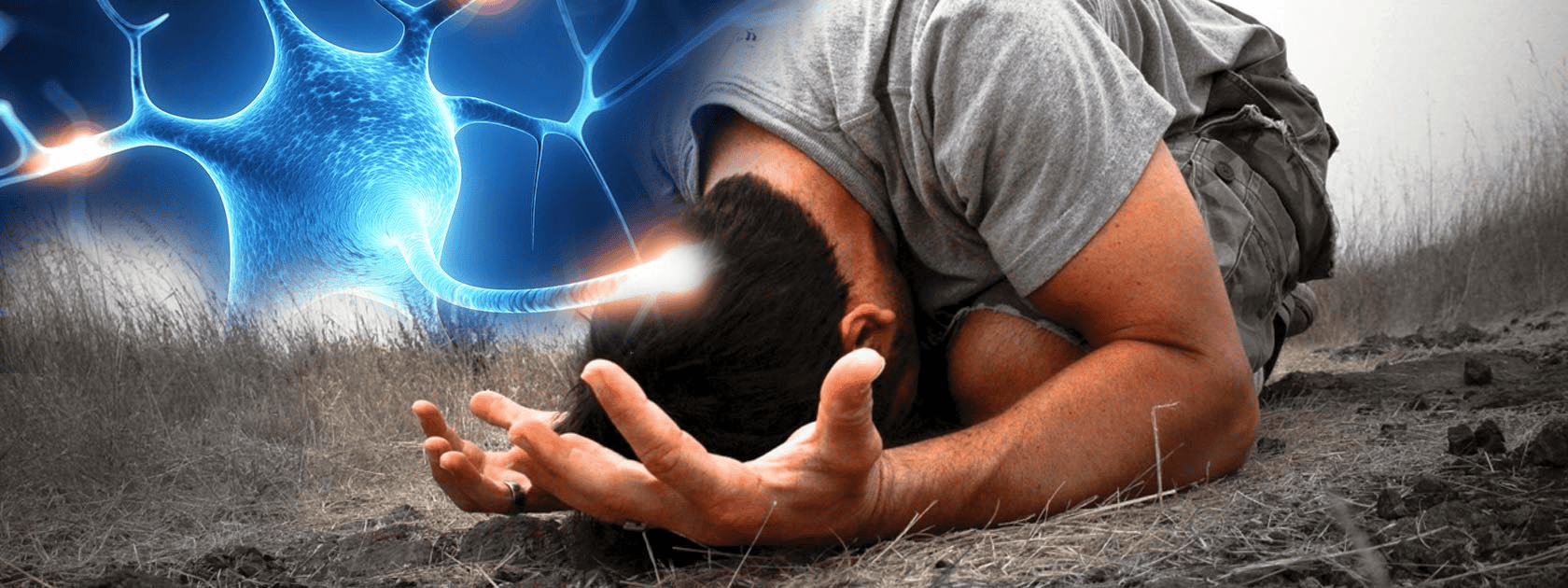
Does your brain recover from drug abuse?
The classic 12-step Narcotic’s Anonymous model is based on the premise that drug addiction is a disease. Whilst NA has been a very successful treatment model for a small number of sufferers, the vast majority of people with a drug addiction want to be “cured” and move on. They want to kick the habit completely, recover and live a rich, full, drug-free and fabulous life! They don’t want to sit in draughty church hall night after night, repeating depressing stories and beating themselves up over the hideous things they did at the height of their drug-taking days.
But there is great news for those suffering with drug dependency. Modern science has debunked the disease theory of addiction. Recent discoveries in the area of Neuroplasticity show us how incredible the brain is. In short, neuroplasticity is the brain’s ability to adapt its neural networks and change through growth or re-organisation. This can be a simple new connection from one neural pathway to another when you eat something you haven’t tried before, or it can involve the remapping of an entire neural system when you undertake something new and complex like – recovery from drug addiction. Think of those possibilities.
Addiction has been shown in studies to kill off up to 15% of brain synapses and shrink gray matter by an equivalent amount. BUT – recovery is an intense process and requires repeatedly learning and practising new thought patterns, habits, social skills, building and reinforcing new beliefs, processing emotions, intense research and application of recovery tools and techniques to name just a few. This is where neuroplasticity comes into play. This intense recovery experience has been shown to INCREASE the number of brain synapses and gray matter by up to 25%. That’s right – you can actually end up with increased brain capacity after recovering from addiction!
We have an in-depth article HERE on the science behind addiction and how it works in the human brain, so please feel free to read that and better understand the neurological changes that take place during active addiction. If you’re keen for more in-depth information on neuroplasticity, read this great article by author Debbie Hampton, or watch this hour long YouTube by Marc Lewis for a deep dive into the science of addiction and neuroplasticity.
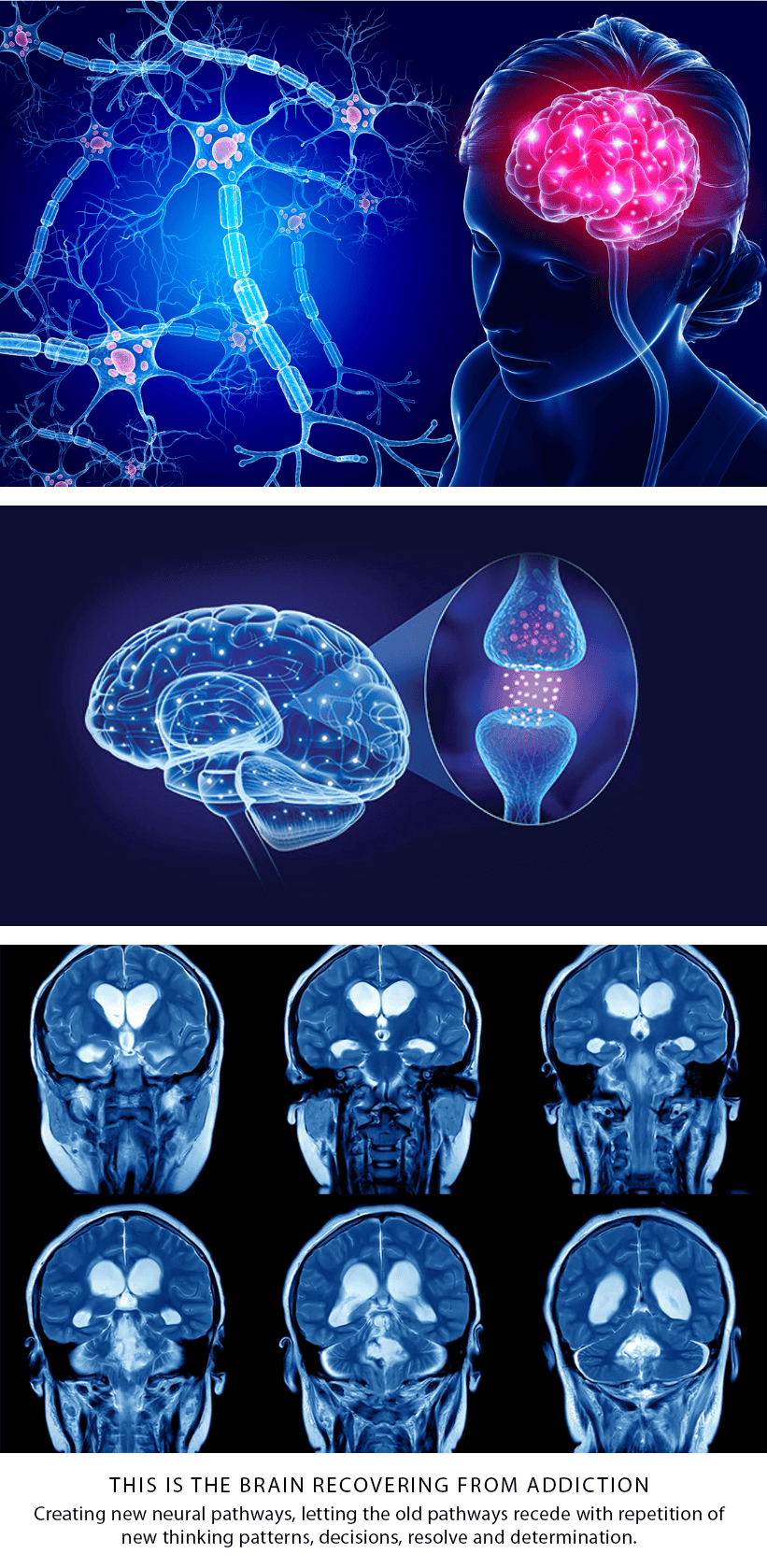
We’re Here To Help
The Palladium Private program integrates a diverse set of holistic treatment modalities into a customised BioPsychoSocial program – tailored to each individual – that’s proven to be effective and life-lasting. It combines psychological, biological, educational, spiritual, social, political, financial, soul-fulfilling and nutritional strategies to combat and eradicate the root causes of drug dependency and mental health issues. With the help of our supportive and highly knowledgeable team, you will purge your body of toxins, restore its natural balance of minerals, nutrients and vitamins, and open up to a whole new level of emotional awareness and resilience leading to your new life – completely free of addiction and related mental health issues like anxiety, depression, alcohol dependency and fear of authentic integration.
PLEASE REACH OUT
For more information on Palladium Private’s holistic BioPsychoSocial program for treating drug dependency, please feel free to call and speak to one of our Admissions Team consultants who can answer any questions you may have. You are never alone. Anyone can become addicted. Anyone can recover.
